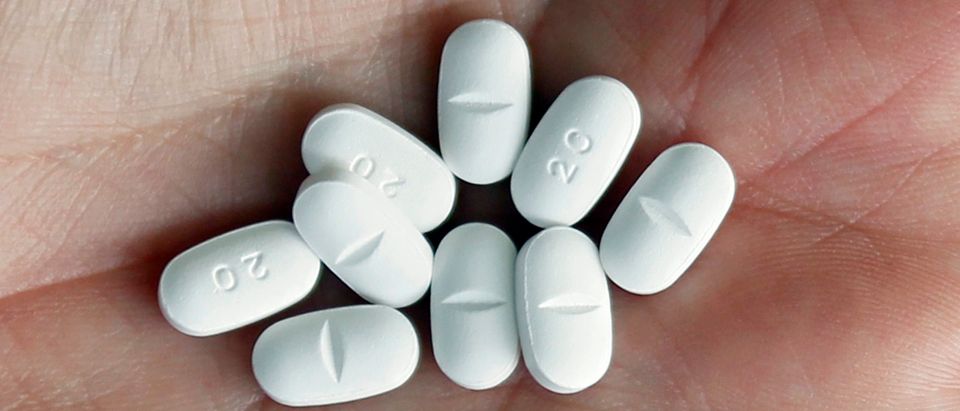So far this year, 31 people have been killed in school shootings, including 26 students. In comparison, 13 military service members have died in the line of duty in 2018. The fact that our schools are currently more dangerous than combat zones should fill us all with horror. As a mother, that is certainly my reaction.
Each time a new shooting occurs — on average, once every week — the same question arises: What warning signs did we miss?
One recurrent answer cited is the role that mental illness plays in this growing epidemic. In a majority of these violent attacks, the individuals responsible were diagnosed and treated for some type of mental illness. Oliver North, the new head of the NRA, recently made headlines when he cited the use of Ritalin, a drug used to treat ADHD, as a possible factor in the surge of violence. The science supports his assertion, and a recently published study shows that unnecessary and accidental use of these drugs increased over 60 percent during the last decade and a half.
But it is not just ADHD medications. Antidepressants, such as Selective Serotonin Reuptake Inhibitor (SSRIs), are the most common treatment for depressive and anxiety disorders. The dangerous side effects of this type of drug are well documented. In fact, antidepressants carry “black box warnings,” the most stringent precaution a drug label can carry before being removed from the market. Many antidepressants carry a black box warning of an increased risk of suicidal thoughts and behavior. There is also a shocking risk of increased violence to others, which is not highlighted in the black box.
Important research has shown major drugs like Paxil and Prozac are linked with violence at a substantially higher rate than other drugs. Users of Paxil are 10.3 times more likely to exhibit violence toward themselves or others, while users of Prozac are 10.9 times more likely to commit acts of violence. Other evidence shows that people who have exhibited no propensity for violence or aggression can develop violent behavior soon after beginning antidepressants.
This is troubling given the large number of Americans (about 30 million) who take antidepressants. There is also a disturbing correlation between the surge in gun violence and the dramatic increase in the number of individuals taking SSRIs — a rise of 400 percent in recent years.
The epidemic of gun violence in our schools is a complicated topic, and there are no easy answers. Mental illness further complicates the discussion. Those in need of treatment are often given no alternatives to the drug regimen that has become synonymous with this type of condition. This needs to change.
Drugs may mask symptoms of mental illness, but they rarely address root causes. Practitioners fail to connect diseases of the mind with diseases of the body. We are just starting to understand the sophisticated connections between the gut and the brain. Consider that 95 percent of our serotonin, the hormone targeted by SSRIs, is found in the gut. Overuse of antibiotics, pesticides in our food chain and an overly processed diet all contribute to the poor gut health — and by extension, poor mental health — of our citizenry. Yet, discussions of mental health in medical circles fail to address this rather obvious connection.
We owe it to our kids to do more than recite the same clichés every time we are confronted with a new horror. There are clearly deep divisions among people in the U.S. regarding the topic of gun control, but there are other areas in which we can take meaningful steps to address this scourge. We need to take a serious look at mind-altering drugs like SSRIs and assess the impact they are having on the outbursts of violence that are plaguing our nation.
Gretchen DuBeau is Executive Director of Alliance for Natural Health-USA.
The views and opinions expressed in this commentary are those of the author and do not reflect the official position of The Daily Caller.


